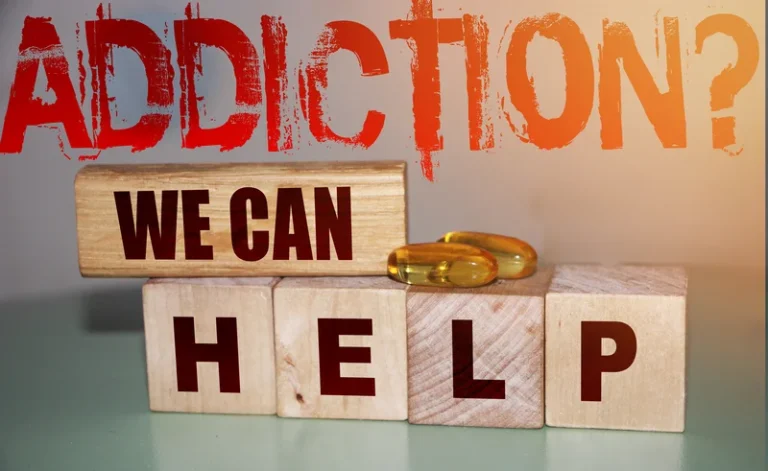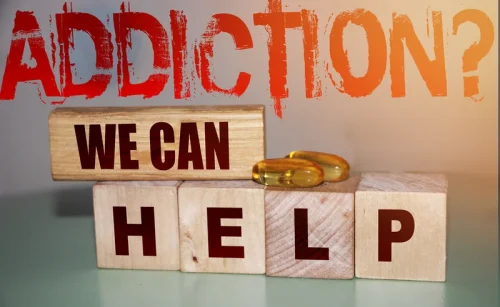
To rehydrate your body after alcohol, it’s crucial to drink plenty of water and consider using an electrolyte powder to replenish electrolytes lost through increased urination. Exercise causes fluid loss, and combining it with alcohol increases the risk of dehydration, which is detrimental to muscle tissue and can slow down recovery. Electrolyte imbalance can exacerbate dehydration and worsen the unpleasant aftereffects of drinking alcohol, including headaches, low energy, muscle aches, and poor sleep. In addition, increased urination can cause the loss of electrolytes, especially potassium and sodium, which are crucial for maintaining the body’s fluid balance. While it’s well known that drinking too much alcohol can lead to a hangover, even moderate alcohol consumption can lead to dehydration and electrolyte imbalance. If you are experiencing dry mouth or skin, headaches, muscle cramps, or dark-colored urine, these are signs of dehydration.
Tips to Prevent Alcohol Dehydration
Because beer contains less alcohol, it is less dehydrating than wine or other liquor, and wine is less dehydrating than spirits, with one important caveat. Severe dehydration can cause feelings of dizziness, the appearance of sunken eyes, fainting spells, increased heart rate, and even loss of consciousness. Thirst, lightheadedness, and dark urine are three signs of dehydration, but there are many others to watch out for. Drinking water while you’re still drunk isn’t going to prevent you from becoming dehydrated, but it may help lessen the degree to which you’re dehydrated.

What to Do If You’re Already Dehydrated from Alcohol
So these salts are now more concentrated in the reduced does alcohol dehydrate you volume of water that you have when you are dehydrated. Discover how alcohol affects your hydration levels and learn essential tips to stay refreshed. “Essentially, when you’re dehydrated, you’ll feel alcohol’s effects sooner and for longer,” Pfau says.

Personal Influences
Although alcohol has sedative effects that can promote sleep onset, the fatigue experienced during a hangover results from alcohol’s disruptive effects on sleep. Alcohol-induced sleep may be of shorter duration and poorer quality because of rebound excitation (see the section “Effects of Alcohol Withdrawal”) after BAC’s fall, leading to insomnia (Walsh et al. 1991). Furthermore, when drinking behavior takes place in the evening or at night (as it often does), it can compete with sleep time, thereby reducing the length drug addiction treatment of time a person sleeps. Alcohol also disrupts the normal sleep pattern, decreasing the time spent in the dreaming state (i.e., rapid eye movement REM sleep) and increasing the time spent in deep (i.e., slow-wave) sleep.
- Additionally, practicing moderation and being mindful of alcohol consumption can help minimize the risk of dehydration.
- However, chronic alcohol abuse, certain kidney diseases, gastrointestinal conditions, or intense exercise, especially in hot and humid climates, can lead to significant dehydration, which can be life-threatening.
- After all, waking up on Christmas morning with screaming kids and a raging hangover is the opposite of holiday cheer.
- Excessive consumption of alcohol can result in dehydration and can cause damage to several systems and functions in the body.
- Avoiding alcohol is the best way to prevent this problem, but if you do drink alcohol, be sure to also drink extra water with solutes such as protein.
- This can occur after only a single episode of binge drinking and it may take a week or more to fully recover.
- In this article, we will discuss the relationship between alcohol and dehydration, the negative effects of dehydration on the body, and practical tips for staying hydrated while consuming alcohol.
Who Is at Risk?

Though there’s no instant hangover remedy, there are ways to hydrate your body after drinking and =https://ecosoberhouse.com/ ways to prevent that hangover feeling in the first place. According to one study in the Journal of Alcohol and Alcoholism, one drink of alcohol can lead to a 2-4% increase in additional urine output. Electrolytes are minerals that can conduct electricity and use that ability to help the body relay messages. Electrolytes can help direct water to where it’s most needed, and DripDrop has three times the electrolytes of a sports drink. Multi-flavor pouches are available for mixing it up, and subscriptions allow users to save 25%. Each of these can be a contributor to alcohol-related headaches, but dehydration is a close threat when partaking in any alcoholic beverage.
- Exercise causes fluid loss, and combining it with alcohol increases the risk of dehydration, which is detrimental to muscle tissue and can slow down recovery.
- Their finding indicates rebound excitation, a phenomenon noted to occur after short-term administration of some sedatives that can quickly clear the body, including alcohol and certain benzodiazepine drugs.
- The Centers for Disease Control and Prevention (CDC) recommends that men don’t exceed two alcoholic drinks in a day and that women limit alcoholic beverages to one drink or less.












